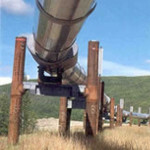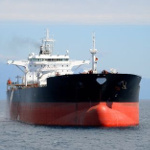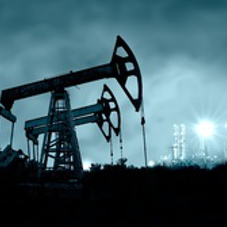Baker Botts Corporate Series: Staring Down the Barrel
 Baker Botts has posted an on-demand video webinar hosted by partners Manny Grillo, Shalla Prichard and Jim Prince titled “Baker Botts Corporate Series: Staring Down the Barrel,” in which the moderators discuss the state of the energy finance market and the related legal developments.
Baker Botts has posted an on-demand video webinar hosted by partners Manny Grillo, Shalla Prichard and Jim Prince titled “Baker Botts Corporate Series: Staring Down the Barrel,” in which the moderators discuss the state of the energy finance market and the related legal developments.
The firm says the video shares insights from the finance and restructuring market and highlights some of the latest developments and trends. The program takes a look at the impact of last year’s deal activity and what it will mean for this year. The panelists comment on what they have seen and expect to see this year from both a legal and business perspective and the opportunities created by the markets.
 On March 17, the U.S. Department of Transportation’s Pipeline and Hazardous Materials Safety Administration (PHMSA) issued a major proposal to revise the safety standards for onshore natural gas pipelines, reports
On March 17, the U.S. Department of Transportation’s Pipeline and Hazardous Materials Safety Administration (PHMSA) issued a major proposal to revise the safety standards for onshore natural gas pipelines, reports  Although continuing low oil prices affect the LNG industry in expected ways (e.g. delays and cancellations in the development of LNG export projects) and unexpected ways (e.g. take-overs between major players in an already consolidated industry), a prolonged LNG oversupply notwithstanding tapering Asian demand could be the most widespread industry impact in 2016, write
Although continuing low oil prices affect the LNG industry in expected ways (e.g. delays and cancellations in the development of LNG export projects) and unexpected ways (e.g. take-overs between major players in an already consolidated industry), a prolonged LNG oversupply notwithstanding tapering Asian demand could be the most widespread industry impact in 2016, write  On January 22, 2016, Secretary of the Interior Sally Jewell unveiled a
On January 22, 2016, Secretary of the Interior Sally Jewell unveiled a  In an industry known for its inventiveness, energy companies may turn to a new source of capital outside traditional debt or equity markets or even large asset sales, reports
In an industry known for its inventiveness, energy companies may turn to a new source of capital outside traditional debt or equity markets or even large asset sales, reports 